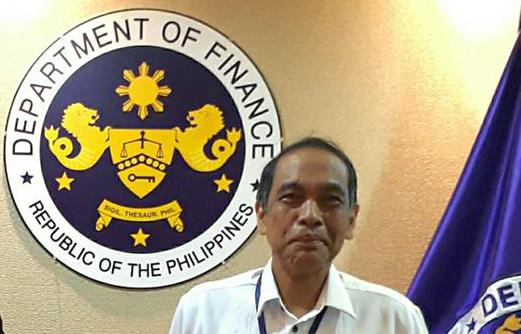Homegrown corporations’ ability to raise more of their financing requirements from the local debt market in recent years indicated sustained investor confidence in the economy, the Department of Finance (DOF) said.
In an economic bulletin on Saturday, Gil Beltran, undersecretary and chief economist of the DOF, noted that at the end of the first half of 2021, the Philippines’ outstanding local currency corporate bonds stood at P1.52 trillion, equivalent to 8.2 percent of gross domestic product (GDP).
Citing data of the Manila-based Asian Development Bank (ADB) and the Philippine Statistics Authority, Beltran said the peso bond market tapped by corporates expanded to P1.61 trillion or 9 percent of GDP last year from only P384.2 billion or 4.1 percent of GDP in 2010 and a mere P7.5 billion (0.2 percent of GDP) in 2000.
Strong pillar
Prior to the COVID-19 pandemic, this market had grown to P1.31 trillion in 2018 and P1.5 trillion in 2019.
“Practically miniscule twenty years ago, the Philippine local currency bond market has grown sizably. In many ways, the ability to issue local currency bonds is a reflection of investor confidence in the economy. The fiscal sector, once the Achilles’ heel of the economy, has become a strong pillar for sustainable development and an enabler of capital markets development,” Beltran said.
Beltran added that the Tax Reform for Acceleration and Inclusion (TRAIN) Law had “helped usher the democratization of investing in real estate, even if indirectly,” noting that three real estate investment trusts (REITs) already debuted on the local bourse, on top of one more, which was en route to an initial public offering in the stock market.
Proposed amendments
For Beltran, “the passage of the proposed Capital Markets Development Act of 2021 is expected to increase demand for financial securities.”
“The greater issuance of these securities, however, will depend on the sustainability of economic growth and efficiencies in the financial markets. Sustainable economic growth can be enhanced by the participation of foreign capital, which could be catalyzed by the proposed amendments to the Foreign Investment Act, Public Service Act and Retail Trade Liberalization Act,” Beltran said.
“Package four of the Comprehensive Tax Reform Program, the Passive Income and Financial Intermediary Tax Reform Act aims to make Philippine financial markets more efficient and competitive by, among others, rationalizing or even doing away with ‘nuisance’ documentary stamp taxes on financial products that are the sources of friction costs in the financial markets,” he added.
